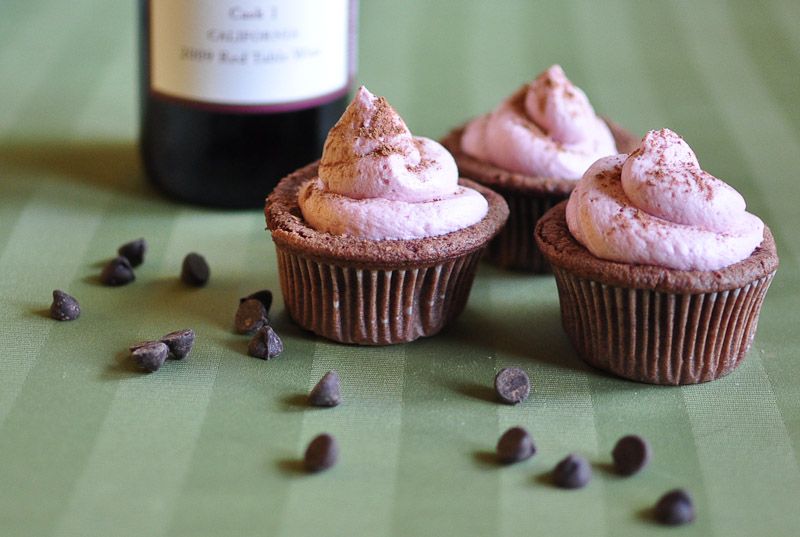Having a sweet tooth may put you at risk for getting cavities. But compared to craving other things, such as alcohol for example, having a yearning for sweets seems relatively harmless.
But you may be surprised to learn that alcoholism and sweets cravings are related. Both are linked to ghrelin---a neuropeptide, or signaling molecule, that increases appetite and regulates hunger. Levels of ghrelin in the brain increase when you're hungry, motivating us to get up and look for food.
So normally, ghrelin is a good thing. Without it, we wouldn't know when to eat or even have the desire to chow down. But when levels of ghrelin are out of whack, it can cause problems. For example, one study found that people addicted to alcohol have mutations in their ghrelin genes. And the same mutations are linked to people who crave and eat more sugar than people with normal ghrelin genes.
So does this mean that having a sweet tooth is a type of addiction? In a word, yes. Other studies involving rats bred to crave sugar have shown that blocking their brains' ability to produce and absorb ghrelin curbed their sugar consumption.
Again, being addicted to sugar may not seem like the worst problem. But eating too much sugar can lead not only to cavities but also weight gain and overall poor health. And understanding sugar addiction could help scientists better understand and fight more serious addictions to drugs and alcohol.










